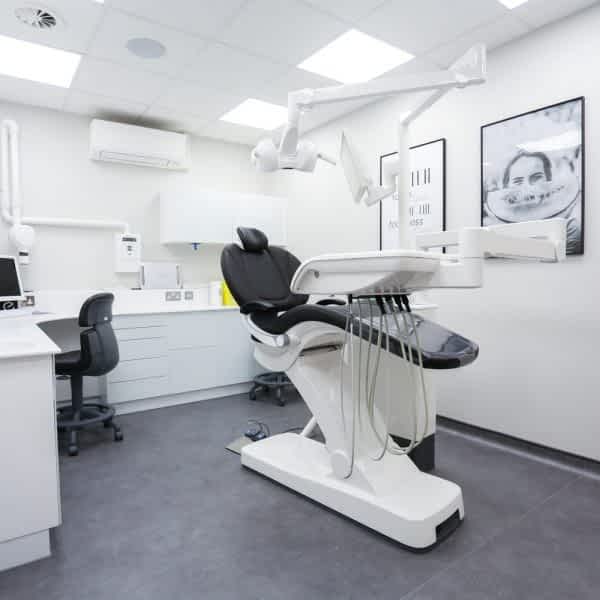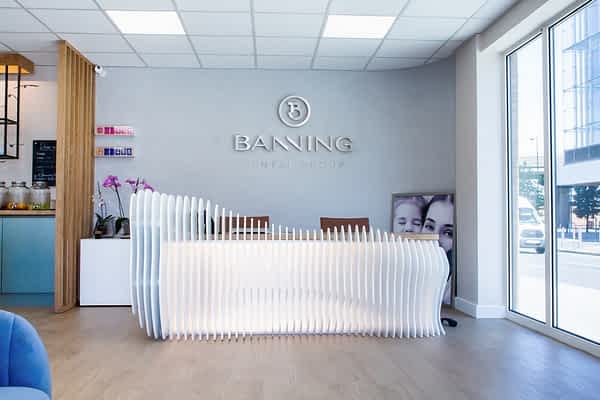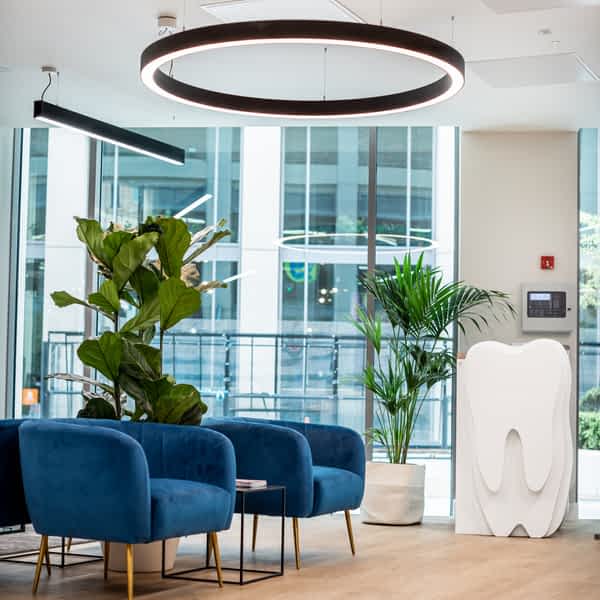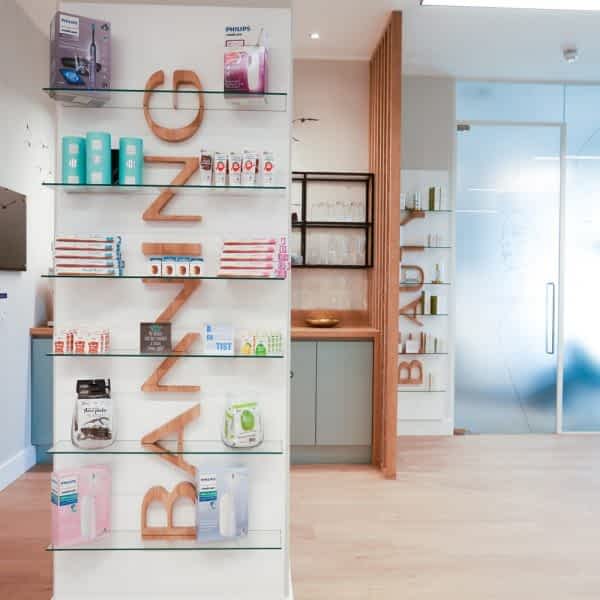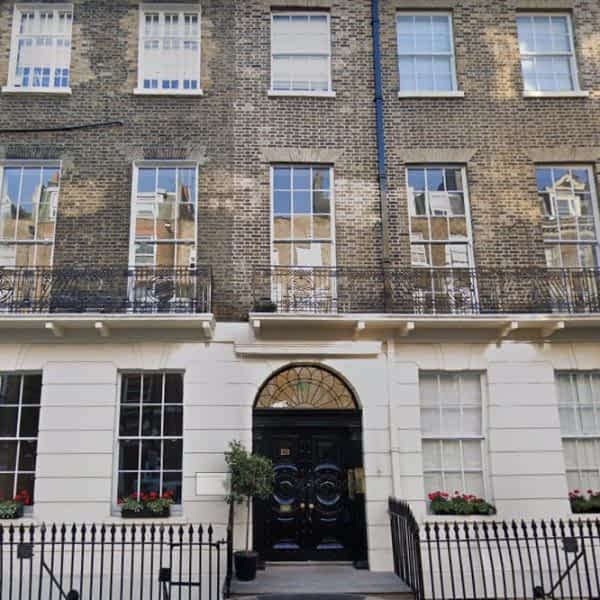
Are you wondering why your once healthy teeth no longer look like they used to?
There is no doubt that the nation is sick of the subject of lockdown and all the problems that it has caused over the last 12 months. There has been no shortage of economic woe, depression and health issues reported during the last year. There is so much to address to get back on track; work, finances, education, health and recreation. It’s hard to know where to start, but the prospect of normality returning is infinitely more exciting than another walk in the park or repeat on the TV!
Without wishing to add further worry or complications to the ever-increasing list of tasks of things to ‘sort out’ post-lockdown, we must mention your oral health. Despite occupying the forefront of our face, our teeth often slip to the back of our minds. Why is it that there is always something more important, fun or urgent to do than ensuring our teeth are healthy?
Did you know that Oral Health problems cost the UK economy £105 million each year in sick days! More often than not, it’s only when our once healthy teeth start to cause a problem that we respond in emergency mode. This reactive, rather than proactive approach is much like waiting for your car’s engine to pack up rather than getting it regularly serviced. Of course, a mechanic will get it running again, but it’s going to take longer and cost more.
This has never been more relevant than in the case of oral health during lockdown. Even those that previously boasted bright, healthy teeth and followed a diligent dental hygiene routine prior to lockdown are starting to detect that things have changed. Your teeth may not feel quite as smooth. Maybe you have noticed some sensitivity to hot or cold? Maybe the colour is starting to look a little tinged or there is a niggling pain emerging?
But what on earth has lockdown got to do with oral health? How can these things possibly be related? If you are wondering what happened to your healthy teeth during lockdown, today’s revelations might just explain a few things.
Has lockdown damaged my teeth?
You are probably highly conscious of the fact that these endless sedentary months and increased appetite have resulted in inevitable weight gain. What you may not yet have realised however is that there is a surprising correlation between our lockdown behaviours and the declining condition of our teeth and gums over the last year.
There are some startling facts reported by numerous health organisations and charities that our unhealthy lockdown habits have battered our healthy teeth:
A survey conducted by the European Institute of Innovation and Technology suggests that the Brits have been the ‘lockdown bingers of Europe’. As a nation, we report the largest rise in the consumption of cereals, convenience foods, alcohol and tasty treats. The increased intake of sugary, fatty food creates a highly hospitable environment for plaque bacteria to breed and get settled on our formerly healthy teeth. This as we know can go on to cause tartar build-up, discolouration, cavities and gum disease.
The Guardian reports that ‘Britons spent 40% of their waking hours watching TV during the height of the coronavirus pandemic.’ TV has played an important part in relieving boredom during our confinement, but TV binge-watching goes hand in hand with mindless snacking. That means our teeth have faced a battery of sugary snack attacks, consistently over a year.
Data from Google goes on to suggest that online searches for ‘Red Wine’ hit their all-time peak between February 2020 and February 2021. I’m sure many of us can admit to maybe popping a few more corks than normal thanks to recent events. Unfortunately, though red wine is notoriously bad for teeth staining as well as being high in sugar, so this certainly hasn’t helped in upholding healthy teeth standards.
According to data from Public Health England, there has also been a spike in lockdown smoking with 29% of individuals surveyed reporting that they are smoking more. The stress, boredom and loneliness have no doubt forced these habits but this is bound to have had an effect on otherwise healthy teeth.
Clearly, there have been some dramatic changes to our lifestyle habits which on the whole have a detrimental effect on our teeth. Coupled with this has been a shift in our oral hygiene practices which simply exacerbate the situation further. Research from the Oral Health Foundation demonstrates how bad things have become:
- 55% of Brits feel like they have neglected their teeth during lockdown
- 15% admit to not brushing their teeth as often as they would pre-pandemic
- 19% claim to not even brush their teeth twice a day
- 36% have reported toothache sometime during confinement
- 50% reduction in dentist appointments
It is no wonder, therefore, that lockdown really has been a root cause of sustained damage to our teeth in recent months. It really has never been so important to visit your dentist for advice on how to achieve healthy teeth once again.
Can I have healthy teeth again in time for the end of lockdown?
There is still some way to go before life returns to any recognisable normality. That means there is plenty of time to get a treatment plan in place and your teeth a clean bill of health. You may find that just a good clean and some advice might be sufficient. On the other hand, you might need cavities seen, stain removal or treatment for gum disease.
No matter what the situation, there is always a solution. Book a consultation with your nearest Banning Dental Clinic to find out how you can have healthy teeth again in time for the end of lockdown.
The Banning Dental blog, features on Feedspots Top 20 UK Dental Blogs


